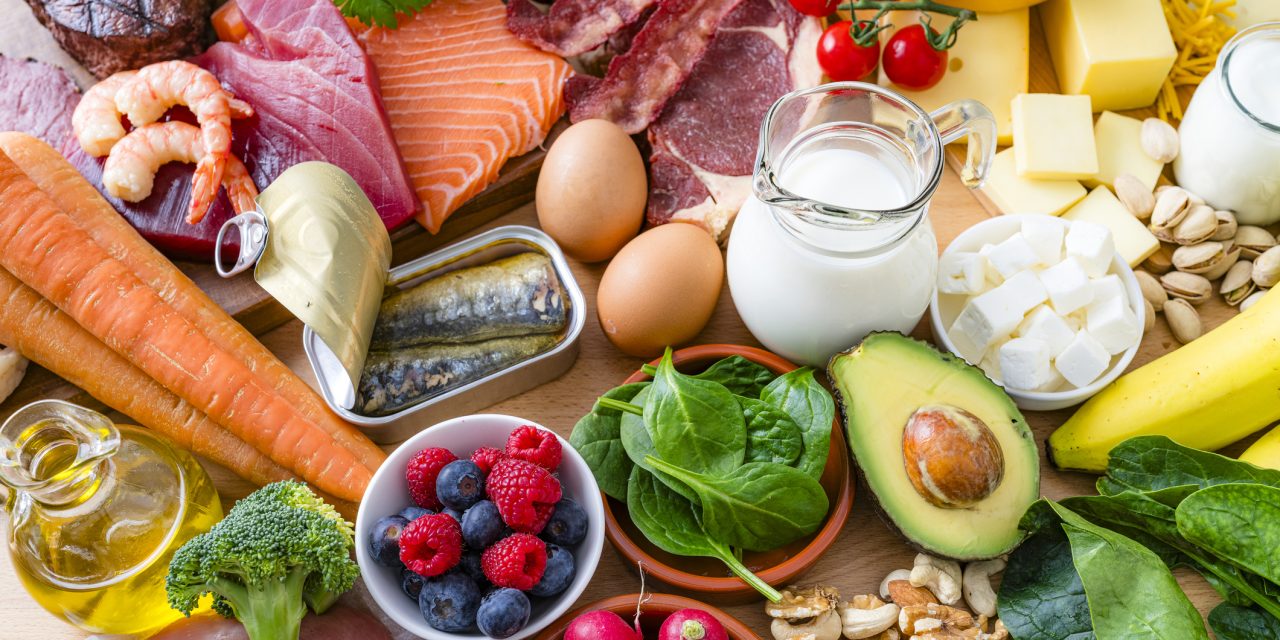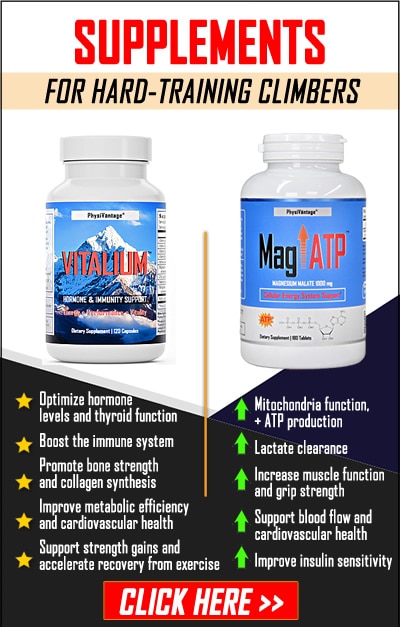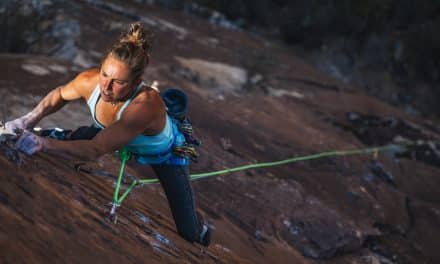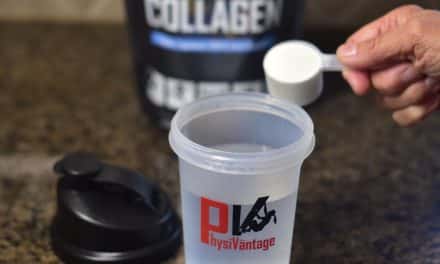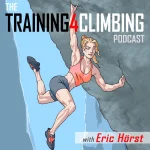(Photo: It’s uncommon—but possible—to meet all critical micronutrient needs with a diverse diet rich in fish, meat, dairy, fruits, veggies, seeds, and nuts. Credit: fotodigital)
Learn about common micronutrient deficiencies that may be unknowingly sabotaging athletic performance.
When climbers think about nutrition, the focus often lands on protein, carbs, and calories—and for good reason. But even if you’re nailing your macronutrients, your performance can still suffer if you’re falling short on the small stuff.
Micronutrients—vitamins and minerals—play a critical behind-the-scenes role in energy production, muscle function, recovery, and connective tissue health. And yet, many climbers unknowingly train, climb, and recover at a deficit.
Here’s a breakdown of the most common micronutrient deficiencies in athletes, how they impact performance, and how to fix them.
1. Vitamin D
Why it matters: Supports bone strength, muscle function, hormone regulation, and immune health.
Deficiency signs: Fatigue, poor recovery, frequent illness, stress fractures, decreased power output.
At-risk climbers: Indoor climbers, those living at northern latitudes, or with darker skin.
Sources: Sunlight, fatty fish (salmon, mackerel), egg yolks, fortified dairy. Supplementation may be necessary.
2. Iron
Why it matters: Essential for red blood cell production and oxygen delivery to working muscles.
Deficiency signs: Fatigue, shortness of breath, cold hands/feet, reduced endurance, brain fog.
At-risk climbers: Females, vegetarians/vegans, high-volume endurance athletes.
Sources: Red meat, poultry, spinach, lentils, fortified grains. Combine with vitamin C to boost absorption.
3. Magnesium
Why it matters: Supports over 300 enzymatic reactions, including muscle contraction and ATP (energy) production.
Deficiency signs: Muscle cramps, irritability, poor sleep, twitching, low energy.
At-risk climbers: Those with high sweat rates, chronic stress, or processed diets.
Sources: Pumpkin seeds, spinach, almonds, dark chocolate. Magnesium malate or glycinate supplements are highly absorbable options.
4. Calcium
Why it matters: Critical for bone strength, muscle contraction, and nerve signaling.
Deficiency signs: Stress fractures, cramping, low bone density, delayed muscle recovery.
At-risk climbers: Dairy avoiders, vegans, amenorrheic females, athletes with low energy availability.
Sources: Dairy products, fortified plant milks, leafy greens, canned fish with bones.
5. B Vitamins (B12, B6, Folate)
Why they matter: Involved in red blood cell production, energy metabolism, brain function, and nervous system health.
Deficiency signs: Fatigue, numbness/tingling, poor coordination, irritability, slow recovery.
At-risk climbers: Vegans/vegetarians (especially for B12), those with GI disorders, or restrictive eaters.
Sources: Meat, eggs, legumes, leafy greens, fortified cereals.
6. Zinc
Why it matters: Supports immune function, tissue repair, hormonal balance, and protein synthesis.
Deficiency signs: Poor recovery, frequent colds, slow healing, low testosterone, acne.
At-risk climbers: Athletes with high sweat loss, vegans/vegetarians, those under chronic stress.
Sources: Oysters, beef, pumpkin seeds, lentils.
7. Selenium
Why it matters: A potent antioxidant that supports thyroid function, muscle repair, and immune health.
Deficiency signs: Muscle fatigue, poor recovery, sluggish metabolism, increased oxidative stress.
At-risk climbers: Those in low-selenium soil regions or with limited seafood/nut intake.
Sources: Brazil nuts (1–2 per day is plenty), seafood, eggs, whole grains.
8. Vitamin K2
Why it matters: Works with vitamin D to regulate calcium usage—directing it to bones and away from arteries.
Deficiency signs: Reduced bone density, poor recovery from fractures, vascular calcification.
At-risk climbers: Low intake of fermented foods, long-term antibiotic users, dairy-avoiders.
Sources: Natto, aged cheeses, egg yolks, meat from pasture-raised animals.
How to Take Action
If you’re training hard but not recovering well, frequently sick, or stuck at a plateau, it may be time to take a closer look at your micronutrient intake. Start with these steps:
-
Eat a diverse, whole-food diet—including meat, dairy, eggs, fruits, veggies, seeds, and nuts.
-
Consider lab testing to identify deficiencies in vitamin D, iron, B12, and magnesium.
-
Use smart supplementation to address gaps—especially when dietary intake isn’t enough. PhysiVantage Nutrition’s VITALIUM is an excellent daily multivitamin designed to meet the needs of hard-training athletes.
-
Track symptoms and energy levels over time to assess improvements.
🔗 Want evidence-based nutrition to support your climbing?
Check out PhysiVantage Nutrition for high-quality supplements designed to support connective tissue health, recovery, and performance.
Copyright © 2000–2025 Eric J. Hörst | All Rights Reserved.

